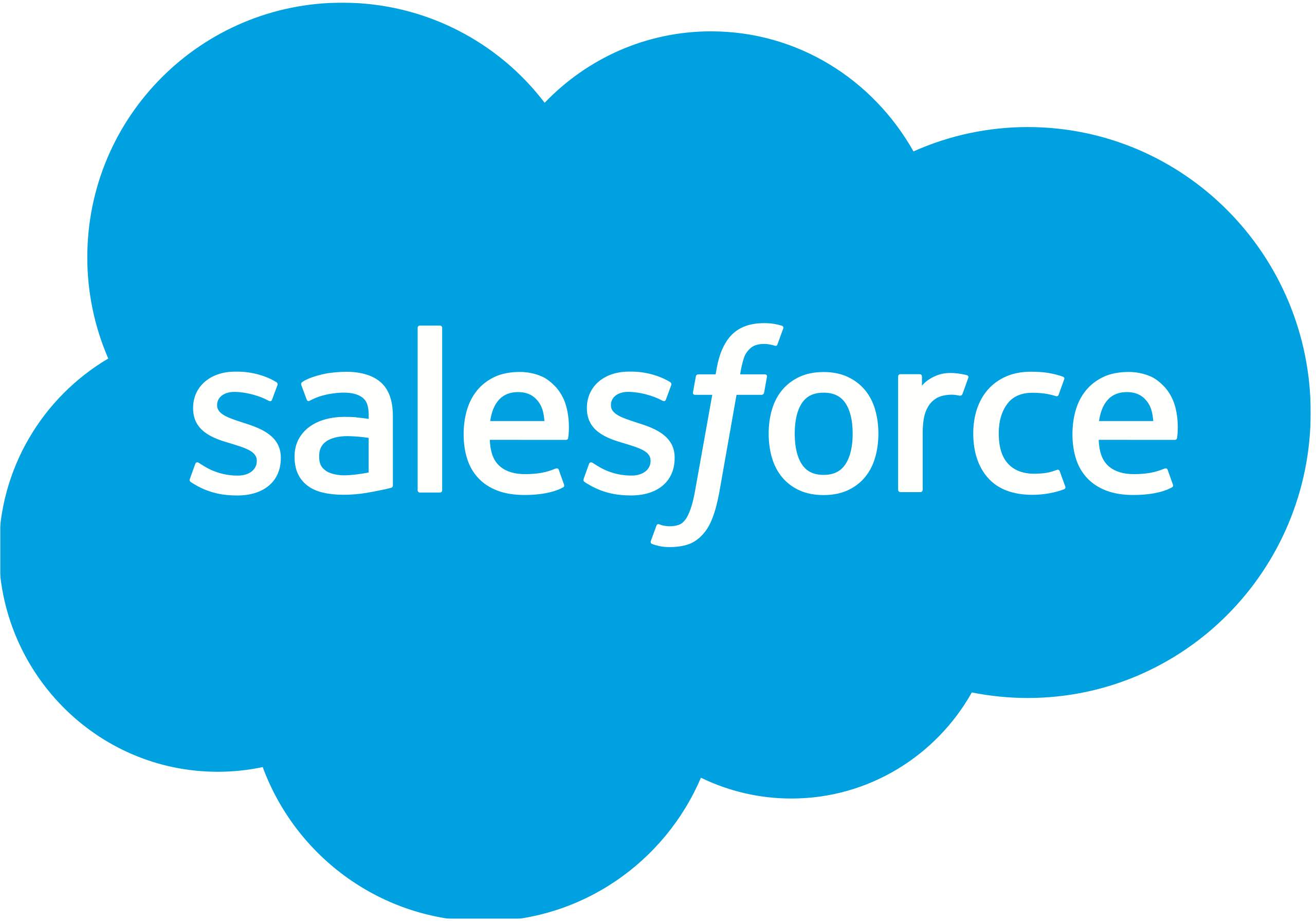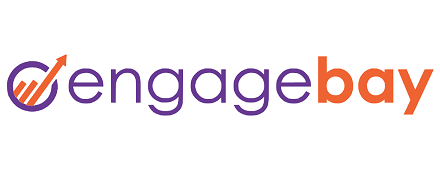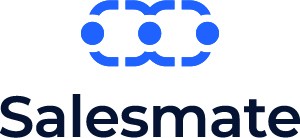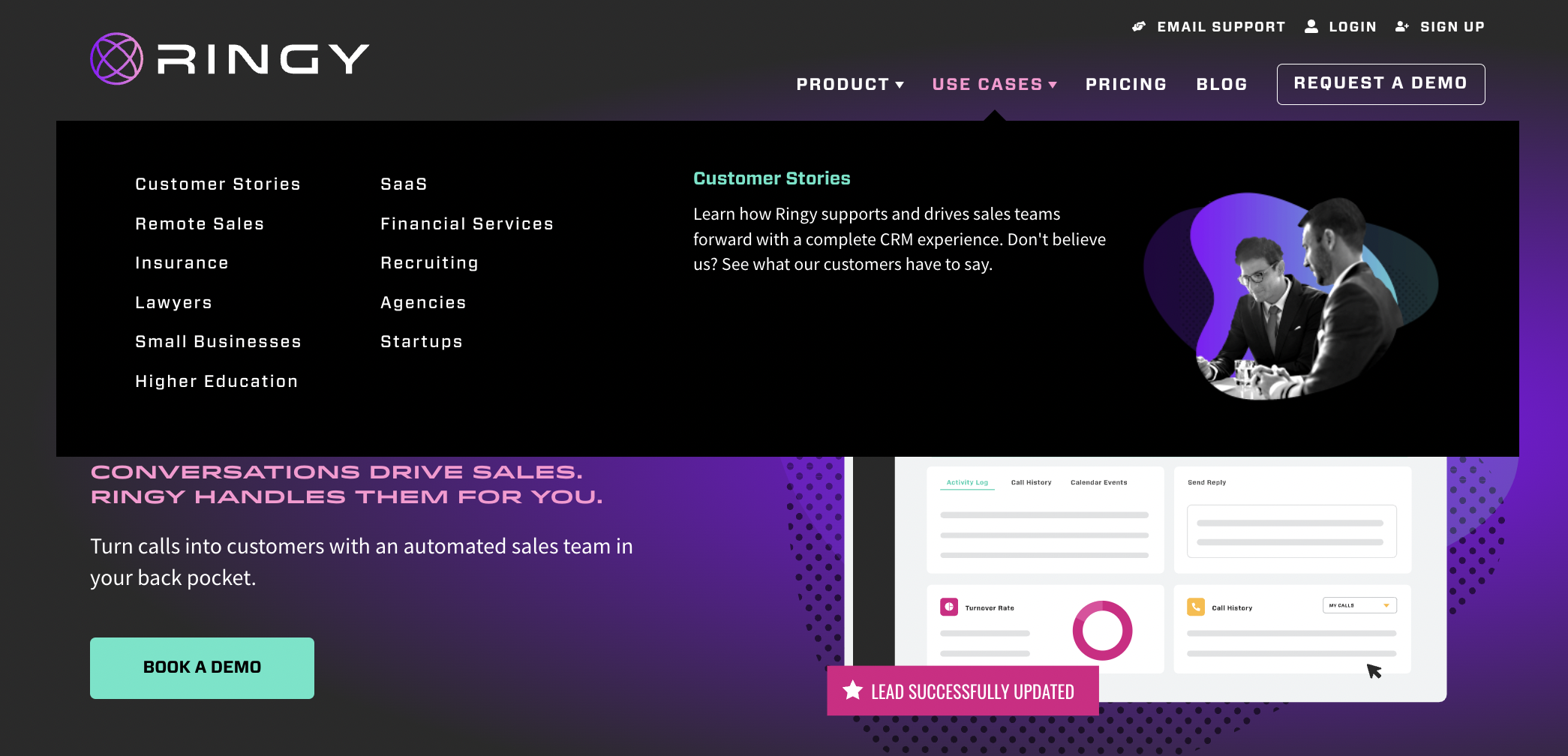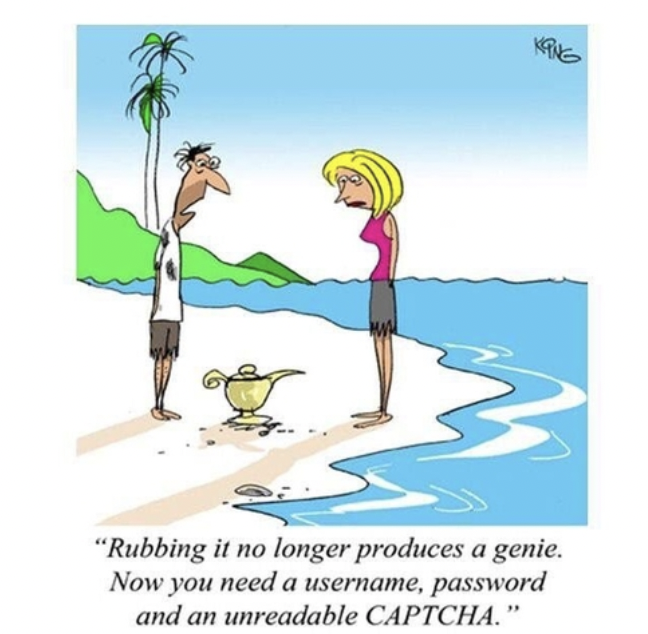CRM Meaning Uncovered [Functionalities, Use Cases & Top 10]

Sections
Intro to CRM Meaning
Functionalities, Use Cases & Top 10

Before you set off on this journey through CRM meaning, ask yourself one quick question:
Are you interested in learning everything there’s to know about CRMs?
If the answer is yes, you’re in the right corner of the internet — this guide is the best one-stop- shop for all your CRM knowledge needs.
And we promise you two things:
- We won’t tease you with a few CRM facts and then sneakily ask you to get in touch for more info.
- We’ll keep this post as humorous as possible to keep you from dying of boredom halfway through.
However, if you’re tending towardsno, we still recommend you stick around. And notonlybecause we want a longer “average time on page” stat in Google Analytics.
That’s just an added benefit of you using this handy table of contents to jump to the part of CRM that interests you the most. We got it all, from definitions to functionality to the top 10 CRM platforms on the market in 2020. So skip ahead freely!
One thing to bear in mind before we get started — CRM is a broad topic, and we’ve decided to keep most of this post-high-level to avoid writing the sequel to War and Peace.
But don’t panic if you're a detail-oriented person; each section also includes one or more links to deep-dive articles, so you can get lost in whichever rabbit hole you like the look of.
Now off we go into the world of CRM meaning.
CRM Meaning Explained
A deep dive into different types of CRM service

What is a CRM system?
CRM is an acronym for “Customer Relationship Management,” and it’s a set of practices and processes that aim to improve the relationship between a company and its customers.
However, in practice, these three letters are most commonly used to refer to advanced software that 91% of companies use to manage their customer data — a CRM system.
These platforms track every step of the buyer’s journey and empower businesses to:
- Make better, data-driven decisions
- Provide a seamless customer experience
- Increase customer lifetime value and profits
In other words, a CRM system boosts efficiency and productivity by helping you best identify when, why, and how to engage with your customers.
Suppose you were to open up a company’s CRM. You’d typically find a user-friendly record of all of their customer-facing activities, including:
If properly implemented and adopted, this easy-to-access centralized data source:
- Acts as the single version of the truth for sales, marketing, and service teams
- Destroys siloed thinking before it gets out of hand
What does CRM stand for in marketing?
The word CRM in marketing brings up memories of a trusted digital companion.
No other program is quite as pivotal in helping you plan and execute strategies for generating leads, improving customer relationships, and driving loyalty and retention.
And a marketer’s absolute favorite feature is marketing automation. They use it to:
- Run email and SMS campaigns
- Drop customers reminders or special offers
- Send thank-you emails when a customer completes a purchase
- Follow up on abandoned carts
- Upsell and cross-sell
- Send out customer satisfaction surveys
But automation is far from the only CRM feature marketing professionals use on a daily basis. They also turn to their trusted marketing CRM for refining customer profiles and better understanding how customers behave and what moves them through the sales funnel.
What is a sales CRM?
A sales CRM is a CRM system that’s been slightly tweaked in order to transform it into the ultimate tool for conquering all of the daily challenges a salesperson faces.
Sales professionals love using this digital sidekick to:
- Keep tabs on their pipeline
- Determine which leads are the hottest
- Track workloads and past performance
- Gamify the selling experience
- Know precisely when to check in with existing customers
- Supercharge their cold calling and emailing processes
In short, sales and CRM go together like milk and cookies, and a quality CRM platform is an essential investment for any company with sales staff.
The research backs it up, too — CRMs have been proven to shorten sales cycles by 8-14% and increase revenue by up to 29%.
What about CRM service?
A service CRM is very similar to both a marketing CRM and a sales CRM, with the exception that it has been programmed to also handle service workflows and processes.
However, most of the time, there is a significant overlap between all three types of CRMs, and they all have similar features, integrations, and interfaces.
So how can you tell if a CRM is also going to work for your customer success teams?
You could wing it and hope for the best.
Or you could play it safe and double-check that the CRM in question can handle the following three tasks (on top of the usual sales and marketing spiel):
- Manage inbound support tickets
- Resolve issues or complaints via a predetermined workflow
- Capture and store a record of previous customer contacts for future use
Simple enough?
You bet it is, but since this is the ultimate guide to CRM meaning, we’ll go a step further and create a table to help you grasp the nuances between the major types of CRMs.
Enjoy!
Sales CRM vs. Digital marketing CRM vs. Service CRM
|
Sales CRM |
Marketing CRM |
Service CRM |
|
|
Key features |
|
|
|
|
Key benefits |
|
|
|
|
Best for |
|
|
|
P.S. All-in-one CRMs also exist, and they combine all three types of CRMs into one platform that all of your customer-facing employees can use without having to sacrifice or create department-specific workarounds. Talk about convenience.
Oh, and since we’ve started talking about features and capabilities, it’s as good a time as ever to move on to the next section and focus on what CRMs do best.
Don't lose sales to an incomplete CRM

CRM Functionalities & Integrations
CRM FEATURES & INTEGRATION CAPABIILITIES

Modern CRMs are downright beasts, especially when you compare them to the first-ever version of the CRM, theRolodex.
An artist's rendition of the two systems should make it clear how the two compare to one another:
So what can a 21st-century CRM do?
Please pull up a chair if you’re not sitting down, and we’ll cover the ten most important features a first-class CRM brings to the table.
But what if your only chair is incredibly uncomfortable, and you’re itching to get through this lengthy section quickly?
No problem. Follow this simple three-step process:
First, open up and bookmark this Amazon.com results page. You know, so you can go back to it later and buy yourself a much better chair.
Next, skim through this summary table of CRM’s key benefits and integrations:
|
CRM Feature |
What it empowers you to do |
|
Contact management |
|
|
Lead management |
|
|
Sales pipeline management |
|
|
Email marketing |
|
|
SMS marketing |
|
|
Drip campaigns |
|
|
Analytics |
|
|
Email integration |
|
|
VoIP & phone integration |
|
|
Mobile CRM |
|
Finally, jump to the next section using this link, CRMs for Industry Verticals.
Still here?
Glad to have you — you’re going to savor both the soft, comfy feel of your chair and the juicy details on CRM functionality.
CRM contact management
No matter how far they’ve come, CRMs haven’t forgotten about their humble origins.
And that’s why good CRMs still have top-of-the-line contact management capabilities that let you store, sort, and search through your customer data in an instant.
Some are even so intelligent that they automatically capture and update customer information and create a lead profile for you. Wow, right?
But how?
Here’s an example:
John is browsing your website, checking out your products, and reading your blog posts on the latest trends in SaaS. He likes what he sees, so he clicks on a pop-up and joins your weekly newsletter, “SaaS in Agritech,” giving you his name, email address, and company.
Not only does he get added to the mailing list and start receiving your drip campaign, but your CRM also pops his information onto a brand-new lead profile and notifies you of a new opportunity. Now that’s cool.
It’s then on you to nurture that client and step in when they’re warm enough to welcome a call or a demo session. Without ever leaving your CRM, of course.
N.B. A CRM’s contact management system also ensures your entire organization is working off real-time customer information, saving you from the pain of figuring out where in the heck your colleague’s meeting notes went.
CRM lead management
A sales CRM is pretty much the most powerful lead information system a salesperson or marketer could ever get their hands on.
Why?
Because it’s packed with an abundance of groovy features that allow you to take complete control of your lead generation and management practices with a single set of login info and one monthly bill.
Most (again good) sales CRMs are ninjas versed in the dark arts of:
- Tracking prospects
- Visualizing all your leads in one or more sales pipelines
- Automating the scoring and nurturing processes
- Drip dropping key messaging at the right moments
- Power dialing
- Masking your actual location with local caller ID
- Letting you track, organize, and contact your leads from anywhere at any time
- Presenting you with analytics that makes you go “oh snap”
You know what that means: better conversions → more sales → more bonuses → a sweet holiday in the Caribbean!
CRM sales pipeline management
A sales pipeline has nothing to do with pipes and the itsy bitsy spider.
Rather, it’s a visual representation of your team’s sales process, and you can think of it as your roadmap to making more sales in a shorter period of time.
It looks something like this:
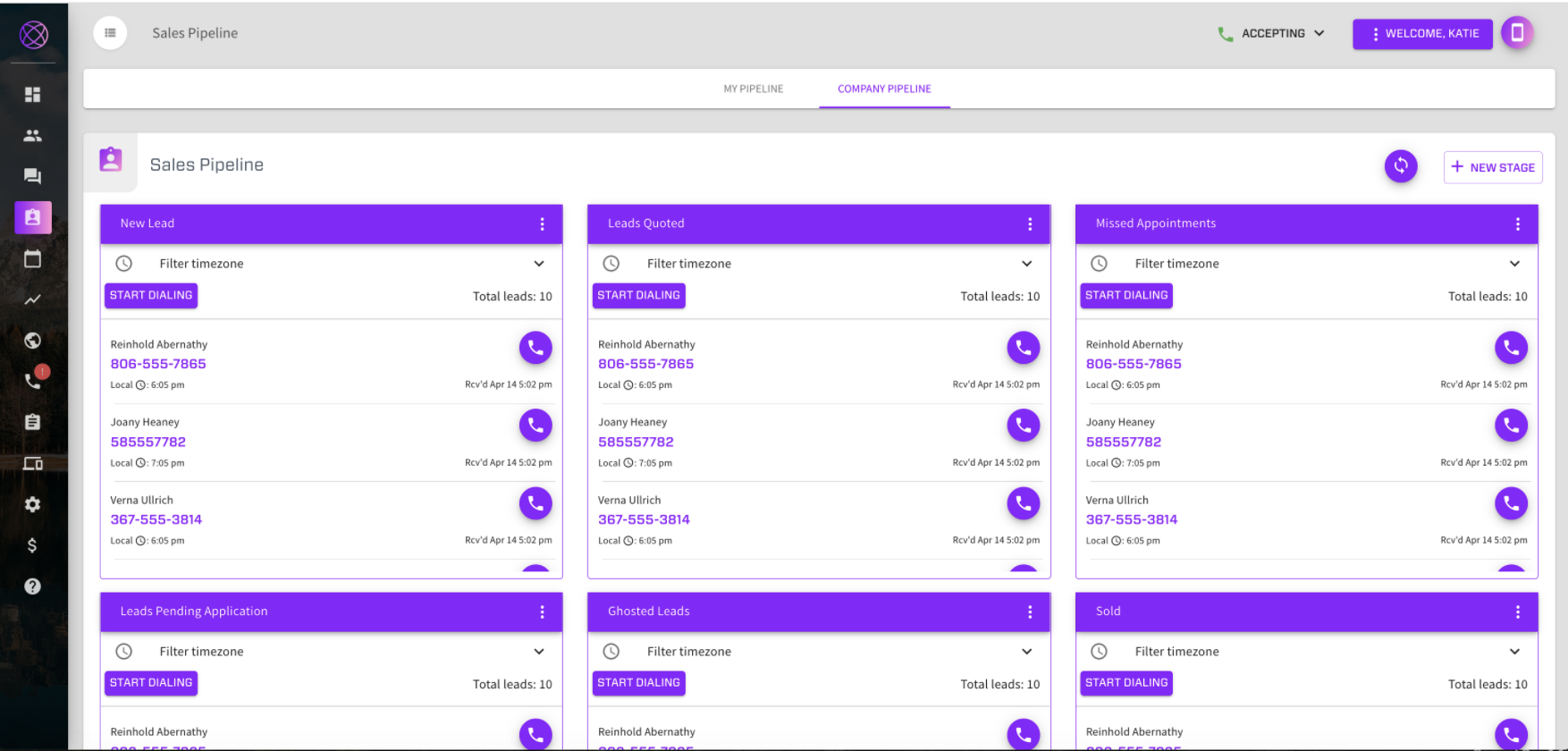
This real-time snapshot of all your opportunities makes it a cinch to:
- Create a fool-proof nurturing process for your leads
- Grab a lightning-quick overview of your current performance
- Make accurate forecasts
- Review your team’s workload
- Ensure no leads slips through the cracks of a stressed-out agent
All of which contributes to shortening sales cycles by up to 14 percent, and the company-wide adoption of standardized sales processes.
CRM email marketing
Email marketing generates an ROI of up to 4400%.
And no, that’s not a typo. We really mean 4400%.
Easy to see why most CRMs branched out and added this functionality to their mix, right?
Everyone wants to send business emails and make a killing doing so.
Savvy developers caught on, and modern CRMs let you do all the email marketing your heart desires directly inside your customer relationship management platform. Unheard of stuff back in the early days of CRMs.
However, making serious dough with emails is NOT easy. You’re going to need to stand out, or else you’ll be just one of the thousand unread emails in your clients’ inboxes.
These ten CRM email marketing strategies should do the trick.
CRM with text messaging
If you’re sending your leads and customers emails, you might as well drop them a couple of SMS text messages.
Logical thinking.
That is why many CRMs now offer you the ability to text your customers and bother them night or day with your latest unmissable offer.
It’s pretty straightforward. Log onto your CRM, write your text (like you would with any other instant messaging platform), and send it. Maybe even automate a few texts to go out on important days, like birthdays or three days after your demo.
Just don’t abuse it. Please. Texting still works like a dream with 98% open rates and 33% click-through rates, so don’t ruin it for the rest of us that only send valuable messages.
CRMs with advanced SMS messaging capabilities
Drip CRM
Email marketing? Yes. SMS marketing? Yes. Automation? Yes.
Drip marketing? Of course, why not!
That’s more or less how it went when we built our CRM platform because when life gives you lemons, you make the best damn lemonade your street has ever tasted.
And drip campaigns let you turn three pretty awesome standalone CRM capabilities into a juggernaut for building lasting customer relationships and driving outstanding business performance.
Hold up, drip what?
Drip campaigns (a.k.a. a drip CRM) are a series of linked automated messages (sequences) that businesses use to deliver a specific message to a targeted group of customers.
This infographic should clear up any doubts:
CRM analytics
Ask yourself this:
Is your CRM processing enough customer data?
Hmm, tricky question, don’t you think?
Your CRM surely has more than its fair share of customer data, but is it using it intelligently and providing you with killer insights when you need them?
If it isn’t, then you should consider looking elsewhere.
Nowadays, CRM analytics has reached a whole new level, and your ex-database can become your oracle (the ancient Greek oracle, and not necessarily Oracle, the CRM developer).
What does it enable you to do better than ever before?
- Understand your customers’ purchasing behaviors
- View current and past sales metrics
- Accurately forecast future sales
- View real-time reports
- Track employee performance
- Make data-driven business decisions
Interested in diving into this rabbit hole? Then click here and go for it!
CRM email integration
CRM email integration might sound simple, and that’s because it is.
It consists of your CRM system and your email tool (say Gmail) working together as one.
But why should you care? After all, they’ve been doing just fine living on their own until now.
Three reasons.
- You can manage all your emails from inside your CRM, allowing you to:
- Close an extra tab and gain a little bit of mental zen
- Reply faster and convert more sales
- You get a ton of insights and analytics about your email performance, so you can finetune your email marketing strategies, or at least know when a prospect clicks on a link in your message.
- You can manage both inbound and outbound emails from a single place, with no need for Gmail and a bulk-send marketing email platform.
And don’t forget to check out this other blog post we wrote to learn eight pieces of advice on picking the right CRM with email integration.
CRM phone integration
Back in the day, we all had clunky office phones at the corner of our desks.
It was mandatory. But then something strange happened.
Our phones started to disappear.
At first, it was just one here and there, but before we knew it, huge groups went missing, leaving only a headset behind.
What happened? Did music replace calls?
Not quite. Companies realized the power of VoIP (Voice over Internet Protocol) technology. It’s cheaper, more flexible, and hardware-free, which meant the phones got the sack.
Developers were quick to swoop in and add integrated telephony to their CRM offering, so salespeople, marketers, and agents could make calls without ever having to leave the comfort of their data-rich digital oases.
They even added click-to-dial and power dialing functionalities, which means you never have to manually dial a phone number again. Unless you want to, of course.
Mobile CRM
Mobile is the latest frontier in the world of CRMs.
After an eternity spent on paper and a few decades inside computers, CRMs are finally getting their travel on by making the leap to mobile devices via apps.
And salespeople are absolutely loving their newest companion — studies show that employee productivity is up by 15%, and 65% of sales agents using a mobile CRM are hitting their targets.
The moral of the story, pick a mobile CRM with an excellent app for both iOS and Android.
CRMs with a smooth mobile application
CRM by Industry Verticals
Overview of 12 different industries' CRM System

CRMs come in many shapes and sizes.
Long gone are the days in which you could have any color, as long as it's black.
Now, you have an incredibly diverse selection of horizontal (broad-reaching solutions that serve a multitude of industries and companies) and vertical CRMs (industry-specific platforms.
Which one will you choose?
Hey, it’s a free country — it’s up to you and your business’s requirements.
The best we can do in this ultimate guide on CRM meaning is give you a super quick overview of 12 different industries CRMs have been built for.
Not interested in reading them all?
No problem. We get you don’t have time to worry about sectors that have nothing to do with your personal and professional interests.
Just click on the industry that matters most to you from the list below, and once you’re done reading that bit, you’ll find another quick link that’ll zoom you forward to the next section, CRM best practices.
Insurance CRM
Insurance agents are playing a tough game.
They are reaching out to broad groups of people, trying to convince them they need protection against a looming threat.
Not an easy pitch, particularly when talking to millennials, the least insured generation.
This is why they need an insurance CRM to make sure their customer experience is as frictionless and high-tech as possible.
Automation is key. Mobile is key. Local caller ID is key. Paperless processes are key.
So don’t sign up for a CRM platform unless it ticks all of these boxes.
Best insurance CRMs
Click here to skip the other industry sections and jump to CRM best practices
CRM for financial advisors
Put simply, CRMs for financial advisors are CRM systems that have been tweaked (or specifically built in the case of vertical solutions) to fully satisfy the industry-specific needs of financial advisors, managers, and professionals.
What makes them unique?
- Full support for financial business models
- Consideration of financial regulations
- Fields for recording financial information (like accounts, assets, risk profiles, household members, etc.)
- Easy tracking of current asset performance
- Integrations with tools that matter to financial professionals
Want to learn more? Hop on over to this deep-dive article on the subject.
Best CRMs for financial advisors
Click here to skip the other industry sections and jump to CRM best practices
Recruitment CRM
Were you aware that a staggering 94% of HR professionals said recruiting software improved their hiring processes?
Probably, since odds are that you’re one of the 94% that said so.
In that case, we don’t really need to make a case for recruitment CRMs because you already know full well that you need one.
But just in case you’re one of the 6% that’s still not on board with digitizing their recruiting process, here are the most significant benefits of doing so:
- Reduce your hiring costs and timeframes
- Hire higher-quality candidates
- Make it a cakewalk to segment your talent pool
- Send personalized yet automated communication via email and SMS
- Keep good yet unhired candidates in the loop about future openings and encourage them to apply
Best recruitment CRMs
Click here to skip the other industry sections and jump to CRM best practices
CRM for small businesses
What two things unite pretty much all small business owners?
- Relatively small budgets
- A lack of free time
It’s good to joke about these unfortunate facts of life, but you can’t blissfully ignore them when picking your next CRM.
You have to choose a user-friendly solution that takes as much work off your plate as artificially possible.
Trust us; an affordable yet automation-focused small business CRM will mean the difference between making it home for dinner, or staying at the office until 11 PM trying to figure out your game plan for scoring leads.
Best CRMs for small businesses
Click here to skip over the other industry sections and jump to CRM best practices
CRM for law firms
Newsflash — lawyers don’t have a lot of time, especially for lead generation and management.
And it’s not just us saying so to have a dig at one of the most (unfairly) mocked professions around. It’s the cold hard data speaking:
- Legal practices take 3+ days to reply to an inbound message nearly 50% of the time
- 25.9% of them don't bother to track their leads at all
Ouch.
But no need to despair; help is readily available in the form of an affordable, accessible digital paralegal named CRM.
All you need to do is read through this linked article, and everything will become apparent.
Best CRMs for law firms
Click here to skip over the other industry sections and jump to CRM best practices
CRM for higher education
An education CRM has been customized specifically to the unique requirements of higher education providers.
Pretty straightforward stuff.
But would you be able to answer if someone asked you why colleges and universities need their own breed of CRM?
Here’s a cheat sheet:
- They have students and professors, rather than simple customers
- The process of collecting, assessing, and approving college applications is unique
- Different data is being collected
- Ease of use and accessibility are paramount
- They need to manage alumni relationships
Best CRMs for higher education
Click here to skip over the other industry sections and jump to CRM best practices
CRM agency
Marketing and advertising agencies are nothing without their clients.
Even more so now that most agencies are operating on a work-from-home basis. They wouldn’t even be a bunch of well-dressed people in a fancy office.
That’s what makes client relationship management so vitally important in this industry.
You need to stay on top of your projects 24/7, and your customers should feel like the only ones in your life.
And you’d be crazy to go at it without the help of an agency CRM.
N.B. Don’t forget to check any agency CRM for features that matter to your type of agency, i.e., CMS integrations if you’re a content agency or Google and Facebook integrations if you’re in advertising.
Best CRMs for an agency
Click here to skip over the other industry sections and jump to CRM best practices
Retail CRM
If you’re in retail, you’re in the business of customer experience.
Fail to provide a good experience each and every time a shopper drops by, and you risk losing up to 65% of your customer base.
Now that’s the kind of pressure no mere mortal can handle on their own.
But luckily for us, we don’t have to go at it alone because some brilliant folks modified B2B CRMs and came up with retail CRMs. Finally, something perfect for business models with high frequency, repeat purchases, and short deliberation periods.
What can they help you with?
- Segmentation
- Loyalty programs
- Omnichannel retailing
- Uncovering and exploiting sales trends
- Better communication and customer service
- eCommerce optimization
Best retail CRMs
Click here to skip over the other industry sections and jump to CRM best practices
Banking CRM
Who do you trust with your money?
Don’t worry; you don’t need to answer this personal question. Instead, focus on the expression itself — who do you TRUST with your money?
The English language is giving it away. Nothing matters more than trust when it comes to financial matters.
And trust itself is based on having a good relationship, where both parties do what they’ve promised, or much more.
A banking CRM empowers financial institutions to restore their tarnished reputations and build personalized experiences for their clients. Be it a personal advisor with all their customers’ history at hand, or a specific + for a high net worth individual.
The world’s your oyster when you unlock the mysteries hidden in the customer data.
Best banking CRMs
Click here to skip over the other industry sections and jump to CRM best practices
Manufacturing CRM
If you build it, they will come.
Turns out that this saying works a h*ll of a lot better for attracting the 1919 Black Sox to your farm than it does for finding clients if you’re a manufacturer post-COVID-19.
You need to build it, promote it, sell it, and build rock-solid relationships so that your clients keep coming back no matter what’s happening in the news.
And a CRM is the best digital tool for capturing leads and transforming them into long-term, loyal clients.
Need proof? Then take a gander at our guide on manufacturing CRMs; it’s all there.
Best manufacturing CRMs
Click here to skip over the other industry sections and jump to CRM best practices
Travel agency CRM
It’s been a tough couple of years for travel agencies.
The pandemic really got in the way of most people’s plans, and agencies had to bear the brunt of a historic drop in tourism.
But now, as the world gets back to traveling, agencies need to be ready to pounce.
How?
By providing the best darn service people have ever seen and winning the hearts and minds of a group of travelers dying to find a trustworthy partner to take the stress out of booking holidays in an unfamiliar situation.
If you’re going to succeed, you’re going to need a travel CRM; it’s vital to your success.
And here’s what to look for in a CRM solution:
- Calendar integration
- Easy scheduling
- Itinerary management
- Quotation management and discounting
- Lead routing
- Automation, follow-ups, and drip campaigns
- A feedback system
Best travel agency CRMs
Click here to skip over the other industry sections and jump to CRM best practices
CRM for consultants
Business consultants are trusted advisors.
Better yet, trusted advisors are (kind of secretly) juggling a myriad of clients and prospects that expect to be pampered at a moment’s notice.
So how can they possibly keep on top of everything and remember who’s waiting for what deliverable?
Elementary, Waston — they use a CRM for consultants, where they can track every single interaction they’ve ever had with a client.
And since consultants are perpetually on the move, they must pick a mobile CRM with powerful automation that can nurture client relationships even when they’re fast asleep on the train from London to Edinburgh.
Best CRMs for consultants
5 CRM Best Practices
CRM best practices set for success

We can agree on one thing — we’ve touched on a lot of features in this CRM meaning article.
And things can get even more confusing when you consider the sheer number of industry-specific variants developers have thrown into the mix.
Do you need to know them all? Are you at risk of spending the next year and a half trying to master them, only to switch jobs and have to start again from scratch?
No, just take a deep breath.
While things have the potential to get complicated, it doesn’t have to be that way.
You should keep everything nice and simple by:
- Understanding CRM functionality at a high level
- Picking a CRM that’s well-suited for your current industry
- Mastering the CRM best practices that really make a difference (and luckily, these tend to be highly transferable across sectors and roles)
Which CRM best practices, you say?
Start with these five, and you’ll be off to a glorious start:
1. Put automation at the core of your CRM strategy
You don’t have time to do everything on your plate.
It’s pretty much humanly impossible to get it done in a typical workday.
This means you have a choice:
- Work 12-hour days
- Turn to sales and marketing automation to save the day
We dunno about you, but we sure as heck like getting home in time for dinner, so we’ll go for automation, robots, droids, or whatever other technology is available.
Jokes aside, your CRM platform is hiding an unbelievable power inside of it. What’s it capable of?
- Increase the number and the quality of leads coming into your pipeline
- Help you nurture them and convert them into customers
- Keep current clients updated with special offers and customized messages (i.e., birthday wishes and drip campaigns)
All on its own.
What are you waiting for?
Open up your CRM management helpdesk and learn how to leverage your platform’s automation tools!
2. Turn to artificial intelligence (AI)
Do you know how to superpower your CRM’s automation capabilities?
And no, not by putting a Superman logo on your computer like this funny guy.
You do it by picking a CRM with impressive AI functionality or finding an AI integration for your current CRM.
These intelligent digital beings (with hilarious names like Einstein, Zia, and Freddy) can really help you make better sense of all the customer data surrounding you.
In turn, this empowers you to make better data-driven decisions and grants your automation sequences the power of machine learning, which means they can optimize themselves.
Let the humans take care of the human element and the machines of the machine element.
3. Don’t forget about the analytics tab
Regardless of whether you have AI on your team or not, you’ll need to become a CRM analytics ninja. It’s part of living on a data-first planet.
So head over to your CRM’s analytics tab and get ready to deep dive into everything you see in front of you. Leave no chart, graph, or table unturned.
Once you feel comfortable with what you see, focus on optimizing and customizing the dashboard to your own role’s needs. You should be able to see all your KPIs in one or two glances.
This will help you understand what’s going well, what needs improvement, and whether or not your initiatives are working.
We also suggest you make a dashboard for your team members to help them track their performance and improve their KPIs.
4. Simplify workflows and avoid unnecessary complications
Isn’t life already hard enough without us going out of our way to overcomplicate things that could otherwise be light and breezy?
100%.
Then don’t be like this genie:
Your agents and your customers are already overwhelmed by the dozens of unnecessarily complicated things in their day-to-day lives.
Be different and find beauty in the simplicity of your workflows.
Always ask yourself, “does this step serve a concrete purpose?” when thinking about your CRM management processes, and then eliminate anything redundant or annoying.
Here are a few examples:
- Remove all duplicate tasks in your processes
- Automate soul-crushing data entry
- Integrate all your communications channels into one platform
- Reduce the number of integrations and programs staff need to use
- Improve your CRM’s data quality
It’ll be worth it, trust us. You’ll get more CRM adoption and better business results.
5. Leverage your CRM to stay in contact early and often
Did you know that an incredible 35-50% of sales goes to the salesperson that replies first?
Well, it’s true, and it means you need to up your game.
Again you have one of two choices:
- Work 24/7 and become a super lame cyborg when your laptop fuses to your hands
- Turn to your CRM for help with responding
And again, option two seems like the hands-down, no-questions-asked winner.
So spend a little bit of time programming your CRM to make customer communication easier. This is what we usually do:
- Provide auto-responses to all the inbound messages we receive with a timeline of when the customer can expect to receive a response
- Use web bots on our site
- Get our CRM to forward all our messages, calls, and emails to all of our devices, so we never miss a beat
- Send out drip campaigns (via SMS and email) to automate as much of the customer journey as possible
CRM Meaning - Success Stories
6 inspiring CRM success stories

We love theory as much as the next CRM expert does, but we also realize that sometimes you need to whip out some practical examples to really get your audiences’ hearts going.
And that’s what we’re going to do in this section, hoping that these six success stories provide you with enough inspiration and motivation to get you to spring into action and start your CRM journey on a high note.
We’ve mixed up the industries of these case studies to prove that CRMs work everywhere, from retail to banking and all the way to one of television’s most adored shows.
|
Company |
How they implement CRM best practices |
Results |
|
Amazon built themselves an in-house CRM that focuses on:
It worked, as Amazon became an unrivaled world leader in customer relationship management. |
|
|
|
Qvale Auto Group used CRM technology to build and deploy a virtual business development center (VBDC) for their US operations. They needed to centralize their inbound and outbound communication and lighten their dealerships’ workload. Their CRM project was successful, as it cut costs, improved the customer experience, and created a collaborative working culture. |
|
|
|
The famous television network, HBO, turned to their CRM and an SMS marketing tool to help promote the epic "Game of Thrones" series. Not like they needed it, we know. But either way, their “Three-eyed Raven” campaign was a smash hit, as it sent visions and sneak peek videos of the series globally. Customer engagement and word-of-mouth marketing skyrocketed. |
|
|
|
Voices.com, a marketplace for voice-over and audio production, decided they needed to improve their email campaigns as it wasn’t getting the cut-through they expected. With the help of email automation software (like a Drip CRM), they updated their email sequences and created a new campaign to welcome job seekers and employers to their website. This new drip campaign helps the company build trust, develop an initial relationship, and show people how to use the site. |
|
|
|
Boggi Milano, an Italian manufacturer of premier men's fashion, has long been at the forefront of providing an excellent customer experience. That’s why they were determined to go omnichannel as soon as technology-enabled it. And that technology came along in the form of a CRM, and more specifically, Salesforce. By implementing several “clouds,” they’ve provided their customers with a seamless experience no matter where they are. |
|
|
|
Wells Fargo is a colossal financial organization. They manage $1.9 trillion in assets and have over 70 million customers to put it into scale. Not your average corner shop. And that amount of customer data is the main reason why they’ve turned to a solid CRM system to help them:
|
|
Ready to replicate the success of these companies with your very own CRM?
Awesome, let’s show you how to pick and find the best platform for your needs.
CRM Selection Criteria
8 features to look out for

There are literally hundreds and hundreds of CRM systems available on the market, and such a wide selection makes it really tough to narrow your options down, let alone pick the very best one.
Talk about decision paralysis. Even if you’re not usually an indecisive person.
You can reduce your choices by looking for eight specific features that make or break CRM solutions:
- Cost
- Ease of use
- Customization
- Automations
- VoIP and communication features
- Analytics
- Support
- Integrations
You might not need all of these features in your ideal CRM, but it’s best to at least be aware of them, so no one can catch you by surprise during a demo or a free trial.
Let’s examine them one by one.
|
Feature |
Questions to ask |
Prioritize if… |
|
Cost |
|
|
|
Ease of use |
|
|
|
Customization |
|
|
|
Automations |
|
|
|
VoIP and comms features |
|
|
|
Analytics |
|
|
|
Support |
|
|
|
Integrations |
|
|
Feel like you’ve mastered these nine selection criteria?
Cool beans.
Where to next?
To the ten best CRMs on the market, of course.
Best CRM Roundup
Top 10 CRM Systems

Since we want to make things easier (and a bit briefer, to be honest), we’ve broken down the ten best CRMs into two sections:
- Four category winners
- Best CRM
- Best sales CRM & best CRM for small businesses
- Best marketing CRM
- Best free CRM & best free CRM for startups
- The six next best CRMs
We’ll give each category winner their own subsection with a detailed overview of the platform and its key features, while we’ll quickly summarize the others in a table.
Sounds good?
Great, because you don’t really have a choice here. 😜
So don't get caught up by our structure choice, and focus on using the CRM selection criteria you just learned about to find the one best suited to your firm's requirements.
Here we go.
Best CRM – Salesforce
Odds are that even if you’re a complete CRM novice, you’ve heard of Salesforce.
They’re the industry pioneers with over 25 years of experience and the current market leaders with a 23.9% share of the global CRM market.
And it’s no coincidence — their platform is the gold standard everyone else measures their CRM software against.
Salesforce is an outstanding CRM system with an extensive range of features, integrations, and automation and AI capabilities. It even offers a modified version for ten different industries to ensure clients get exactly the right configuration for their business needs.
However, there is one pretty significant drawback:
It’s too complex and expensive for most SMEs to implement (and the $25 per user entry-level plan isn’t worth the effort of implementing it).
Either you have deep pockets and a highly-skilled technical team (internal or contractors) to properly implement Salesforce, or you’re better off with a different, easier-to-use CRM.
Key Features
- Comes with Sales, Marketing, and Service clouds to boost cross-departmental collaboration and equip each team with a department-specific tool
- Phenomenal automation and AI capabilities
- Preconfigured for ten different industries
- Well over 100 third-party integrations
- Great mobile CRM
- One of the best dashboards in CRM
- Advanced analytics
- Expensive and challenging to implement
- Steep learning curve for users
Monthly price (as of Jan 2022) – From $25 to $325 per user for the Sales and Service Cloud
Best sales CRM & best CRM for small businesses – Ringy
Taking home the prize for best sales CRM and best CRM for small businesses is Ringy!
Wait a minute, there… isn’t Ringy your own CRM?
You got us. Ringy is our CRM platform, and this is a little bit of a self-plug.
However, we’re far tougher on ourselves than anyone else, and we wouldn’t be putting our name forward if we weren't confident that Ringy is the best in class in these two categories.
And plus, if we were overly modest here, we wouldn’t convince anyone to try our software, and thousands of salespeople would be stuck with substandard CRMs.
Why are we sure?
- Our platform is built by salespeople for salespeople
- We provide you with cutting-edge sales tools like automation (SMS & email), AI, and analytics
- Our CRM also comes with a VoIP softphone, local caller ID, and a mobile app for iOS and Android
- Ringy is affordable at $99/mo with unlimited users (including onboarding and customization) — perfect for SMEs
- Our testimonials and reviews back us up
But don’t just take our word for it; sign up for a trial and put all of our claims to the test 100% risk-free — you won’t be disappointed.
Key Features
- Excellent lead management capabilities
- Unlimited sales pipelines
- Deep automation functionality
- Integrated VOIP, email, and SMS messaging
- Automated local presence dialing from all 50 US states
- Affordable (especially if you have multiple users)
- Superb CRM service 7 days a week with same-day ticket resolution
- Excellent mobile app
- Fewer integrations than other leading CRMs, such as Salesforce or Hubspot
Monthly price (as of Jan 2022) – $99 + cost of credit packages
Best marketing CRM – Agile CRM
Agile CRM is a fantastic option if you’re looking for:
- A CRM with robust marketing capabilities (across automation, web engagement, social, and mobile), or
- A well-priced option for small to medium companies
It’s a cloud-based solution that creates a centralized hub for all your customer data and truly excels at managing contact information and delivering automated marketing campaigns.
You can rest assured that Agile CRM will equip your marketers and salespeople with all the time-saving tools they need to generate leads, personalize interactions, improve customer relationships, and drive higher lifetime value.
Key Features
- User-friendly
- Includes a free version with up to 10 users
- Lead scoring and custom deal milestones
- Form and landing page builder
- Cutting-edge email and mobile marketing capabilities
- Social monitoring
- More than 30 apps are available for adding extra functionality
- Customization isn’t top-of-the-class
Monthly price (as of Jan 2022) – From $0 to $79.99 per user
Best free CRM & best free CRM for startups – Hubspot CRM
We all know that there is no such thing as a free lunch.
But what they forgot to tell us as kids is that a free CRM does exist.
That’s right, you’ve been tricked. Hubspot has created a free CRM platform that consists of several hubs, i.e., marketing, sales, service, operations, and it’s just as good as many paid CRMs.
Don’t get us wrong, though — it’s not as advanced as the other three category-winning CRMs on this blog (or even the paid version of Hubspot), if you’re looking to spend $0 upfront, nothing compares.
Hubspot CRM comes with:
- Contact management
- Deal tracking and pipeline management
- Email marketing
- Reporting
- Call tracking
- Live chat and chatbots
- Lead generation tools
- Help desk and ticketing
- Unlimited users and one million contacts
Impressive, or what?
Key Features
Everything we listed above, plus:
- State-of-the-art automation
- A user-friendly mobile app
- Native integrations, like Gmail, WordPress, Mailchimp
- Expensive paid versions (beware of the cost of upgrading)
Monthly price (as of Jan 2022) – From $0 to $3200 + a fee for additional users if required
The six next best CRMs
We considered dropping these six CRMs from this CRM meaning article; however, deep down, we knew they still deserve mentioning despite not winning a category.
After all, they’re fantastic CRMs, and it wouldn’t have done anyone justice to leave them out.
So here’s a lightning-fast roundup of these powerful CRMs, including a link to their web pages in case you want to read more about them:
|
CRM platform |
Key features |
Monthly price (as of Jan 2022) |
|
Zoho CRM |
|
$0 to $65 per user |
|
Freshsales |
|
$0 to $79.99 per user |
|
Pipedrive |
|
$0 to $83 per user |
|
Bitrix24 |
|
$0 to $199 |
|
EngageBay |
|
$0 to $79.99 per user |
|
Insightly |
|
$0 to $99 per user |
CRM Meaning FAQs
Answering your burning questions

What is a CRM platform? And what is CRM software? Are they the same thing?
Yes, they are.
A CRM platform, a CRM system, and CRM software are all synonyms that can be used interchangeably without worrying about any subtle differences.
We’ve already defined it once above, but we’ll repeat our CRM definition in different words for old time’s sake (yes, you’ve been reading for that long):
A CRM platform (a.k.a. CRM software) is a piece of enterprise technology that organizes all of a company's customer data into a single cohesive system, thus increasing cross-departmental collaboration and customer-centricity.
Why is a CRM needed?
Because it helps your sales, marketing, and customer service teams succeed.
Your salespeople get to spend more time with customers and close more deals.
Your marketers get to run more effective campaigns and gather more leads.
Your customer success agents have a real-time overview of each customer, making it easier to resolve their questions and problems.
It’s a win-win-win investment for three of your most valuable departments. And that’s why the average ROI of a properly implemented CRM is a whopping 771%.
What are the benefits of a CRM? How does it help businesses?
A CRM system has a myriad of benefits for businesses of all sizes, including and not limited to:
- Reduces administrative work
- Improves efficiency and sales productivity
- Enables better customer communication
- Gives a visual overview of pipelines and deal status
- Boosts customer satisfaction and customer loyalty
- Supports better forecasting and reporting
- Increases cross-department collaboration
And on top of everything, a CRM offers all these benefits at a surprisingly low monthly cost.
Take Ringy, for example — with just $99/mo, you can unlock all of the advantages mentioned above, plus a cloud VoIP softphone with local caller ID and click-to-call dialing.
What’s the failure rate for CRM projects? And why do CRM projects fail?
Research points to roughly 30-60% of CRM projects failing.
Ouch. That’s a painful stat to read. But don’t panic; there’s a flipside, too. 40-70% of CRM projects succeed and help companies drive better business outcomes.
So what are so many companies doing wrong?
- Lacking a CRM strategy with clear goals and targets
- Failing to involve end-users in the selection and pre-implementation processes
- Using CRM systems as an inspection tool
- Disregarding current IT frameworks when making SaaS-buying decisions
- Poor data quality (garbage in, garbage out)
- Missing executive support
Don’t commit the same mistakes, and you’ll be halfway there with your implementation.
B2B vs. B2C CRM – Is there a difference?
You can bet your bottom dollar there is.
And it’s due to the considerable difference between B2B and B2C selling.
This means you should always carefully consider if the CRM you’re about to invest in is suited for your type of clientele.
However, to make things more confusing, many CRM platforms offer both types of functionality, B2B and B2C. So bookmark these two links, B2B CRM and B2C CRM, and make good use of them if you’re ever in doubt about a solution's capabilities.
When were CRMs introduced?
Time for some trivia:
Pat Sullivan and Mike Muhney invented the world’s first-ever CRM system way back in 1987.
It was called ACT! and it was essentially a digital Rolodex that allowed users to store customer info a little bit more effectively than its paper-based counterpart.
It’s fun to mention that these early CRMs weren’t known as “CRM systems” until the 1990swhen more people adopted the technology and other features were added to the mix.
Can a CRM be implemented by any company?
Absolutely, any organization can successfully implement a CRM system.
It doesn’t matter how big your company is, how deep your pockets are, or what industry you’re working in. There’s a CRM solution out there for everyone.
All you have to do is:
- Define your needs and map your processes
- Find the right CRM based on your requirements
- Ensure it’s integretable with your existing software solutions
- Take your new CRM for a test run, gather feedback, and make improvements
- Clean and migrate your data
- Launch the CRM
- Provide ongoing training and support
Simple enough, right?
P.S. Check out this Forbes guide if you’d like to dwell more on this subject.
CRM SaaS or Onsite – Which should I pick?
It all depends on your company and your specific needs as a user.
But don’t worry; we won’t leave you hanging. This summary table should help you make the right call — SaaS CRM or on-premises?
|
CRM for SaaS |
On-premises CRM |
|
|
Pros |
|
|
|
Cons |
|
|
|
Ideal for |
|
|
Conclusion
Summing Up OUR DISCUSSION OF CRM MEANING

If you’ve made it this far, congratulations and thanks for reading — you’re one of the select few to read this bad boy all the way to the bottom.
This calls for a celebratory drink and one last (adorable) meme:
But don’t unbutton your collar yet; we still need about 30 seconds of your attention.
Let’s quickly recap the seven key areas we’ve covered today to give your memory a little booster shot.
N.B. Each bullet point links back to the section above, so click away if you feel like you need to double-back on any particular topic.
Need any more help? Still struggling with a CRM-related dilemma? Or maybe just wanna have a chat with a friendly CRM expert?
Then go ahead and request a commitment-free demo to speak to a member of our team — we’ll be more than happy to answer your questions and show you how a sophisticated yet intuitive CRM like Ringy can solve your challenges.
Alrighty then, now pop that top button and have yourself a well-deserved break.
The CRM that gets you sales
No one’s saying selling is easy, but with a CRM like Ringy on your side, it’s certainly easier. Great features for a great price to help you organize and communicate with your customers at the click of a few buttons. Don’t believe us? Then try it for yourself.

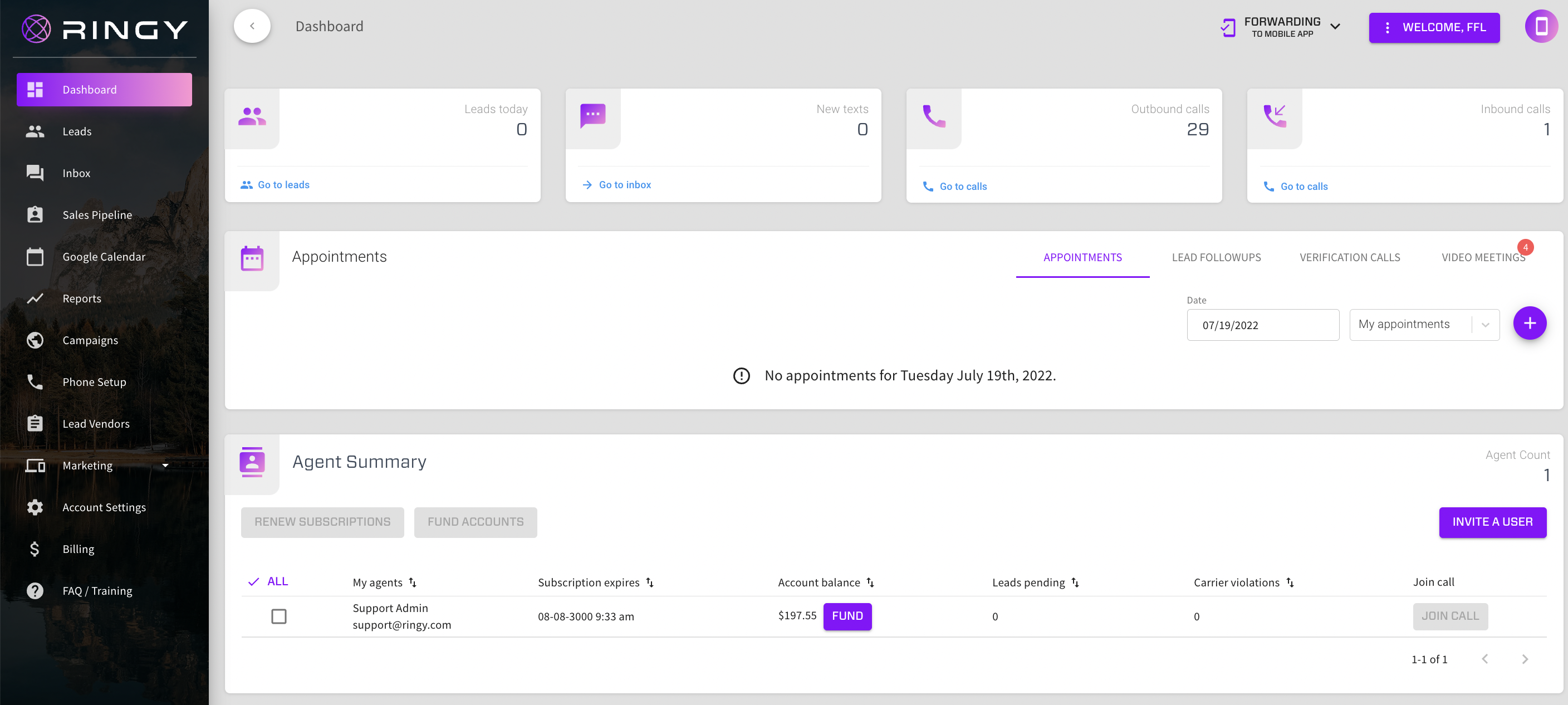
-1.png?width=1000&name=7.%20Powerful%20and%20consistent%20communication%20(1)-1.png)
-1.png?width=862&name=4.%20Create%20personal%2c%20valuable%2c%20automated%20conversations%20(1)-1.png)
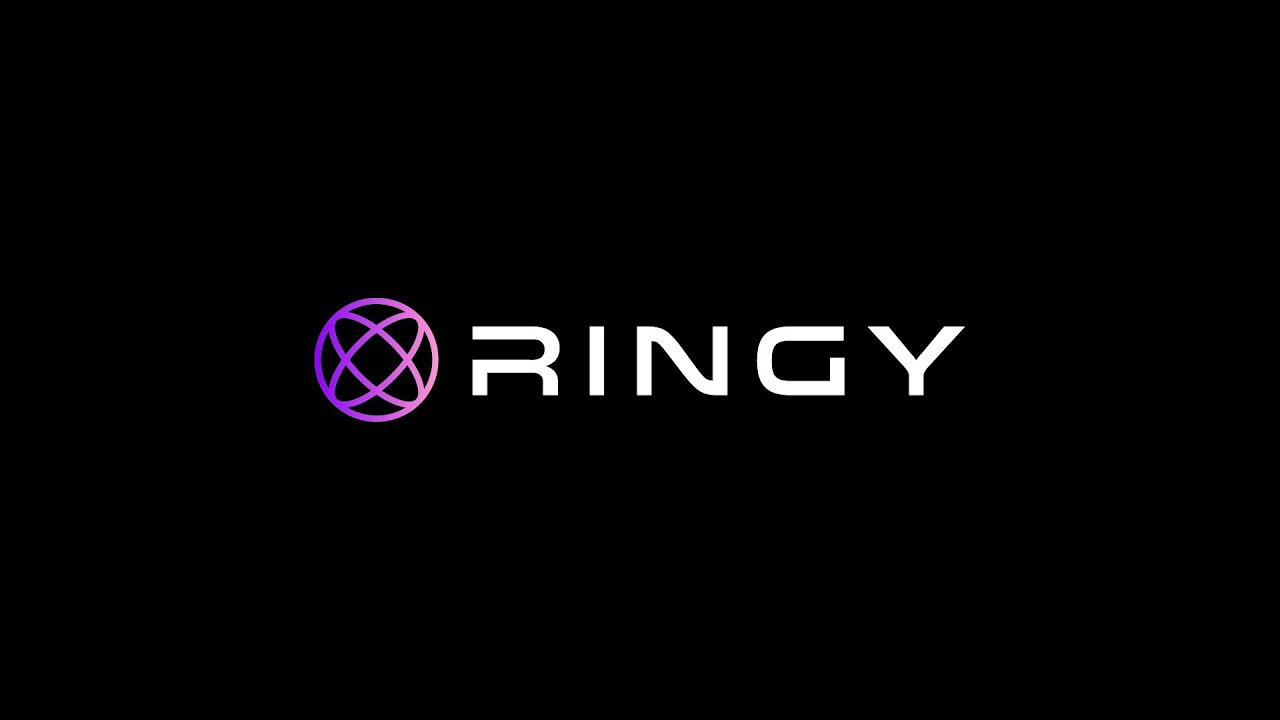


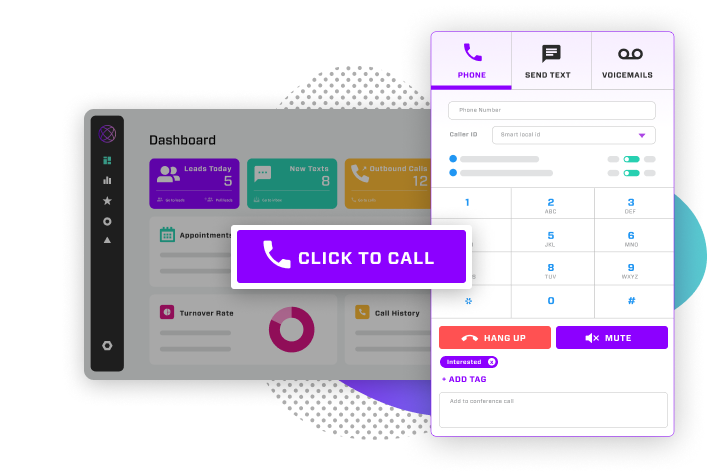
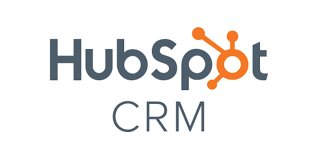
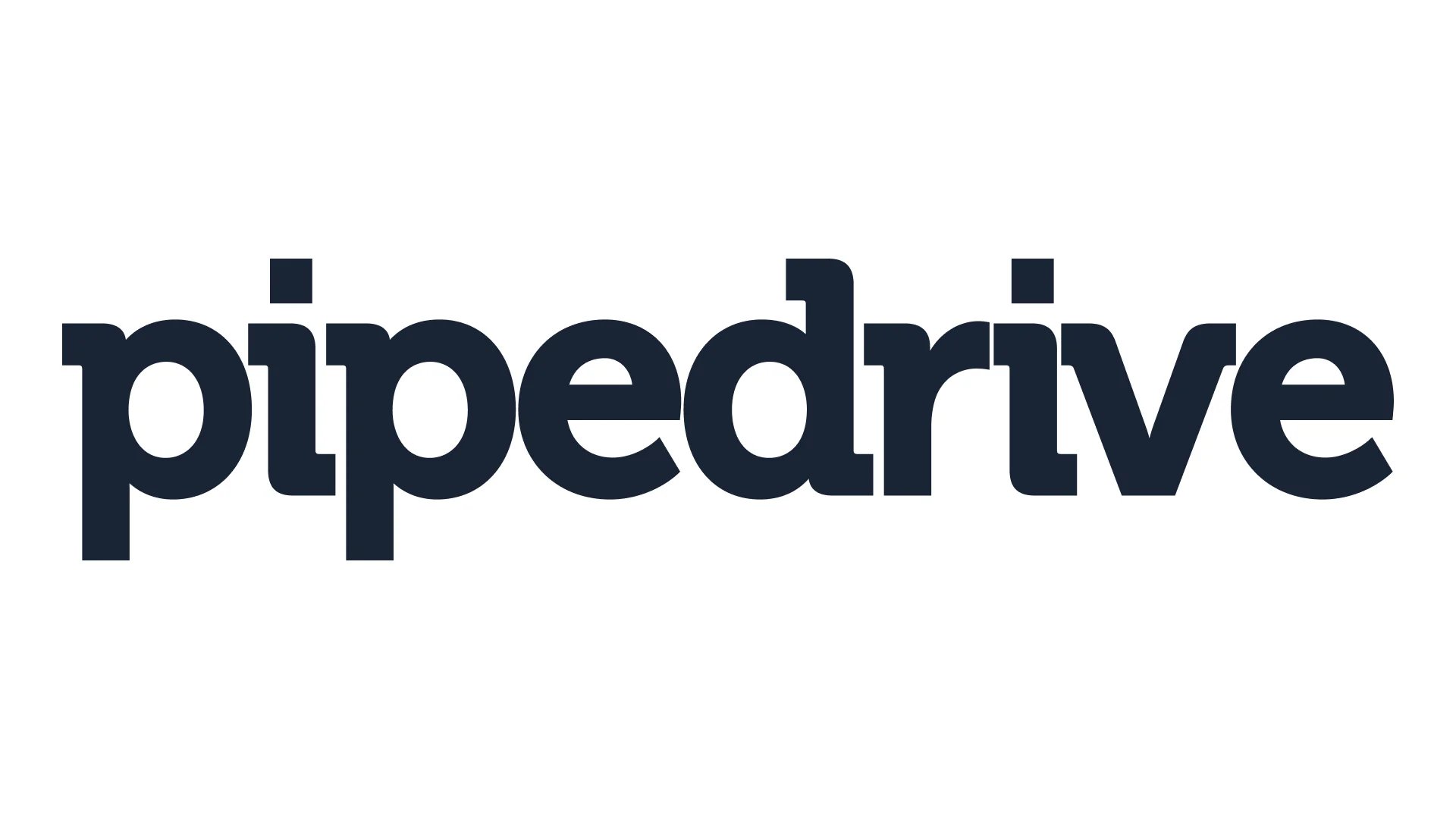
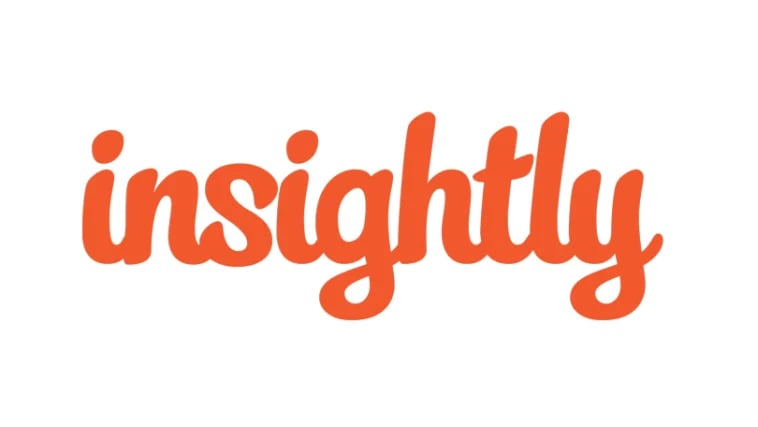
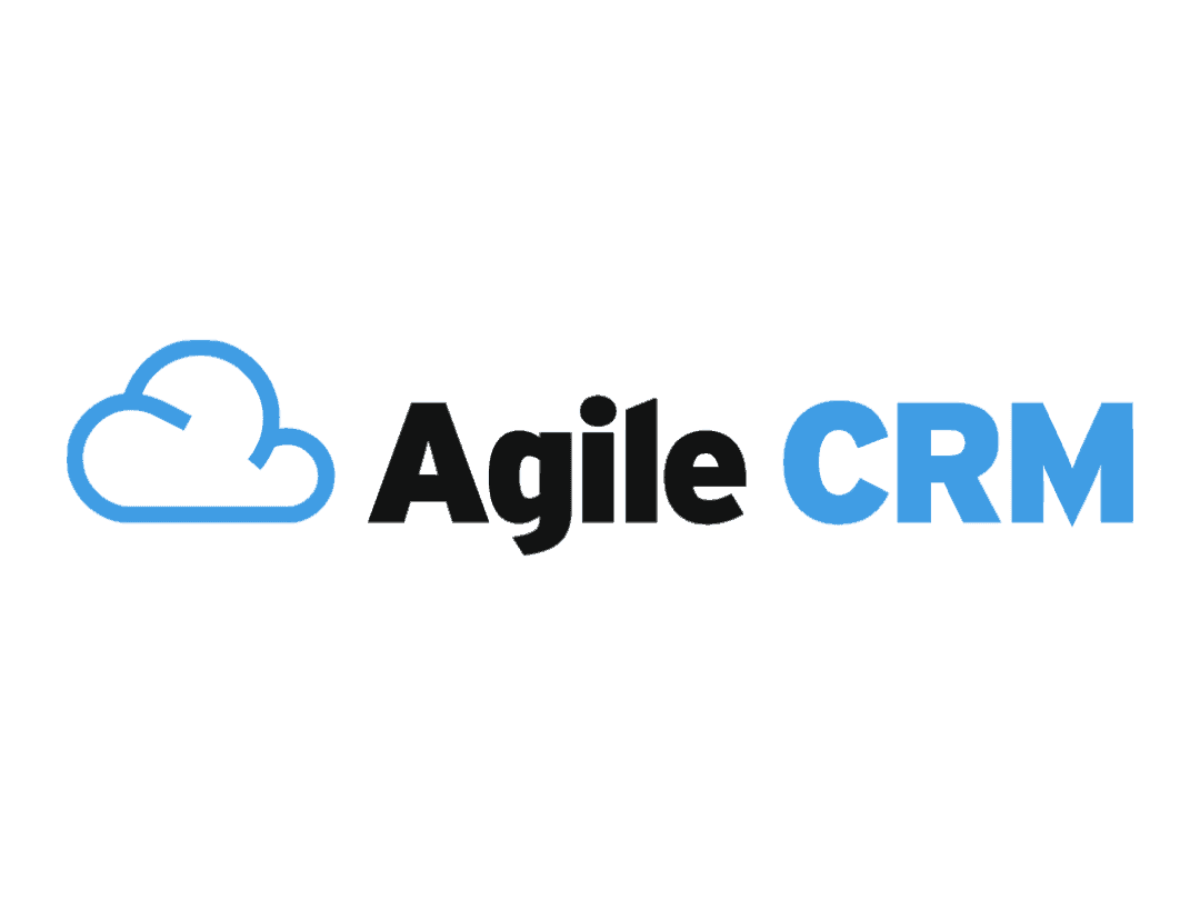

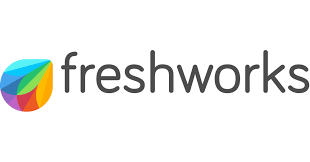
-1.png?width=914&name=11.%20More%20automation%20=%20More%20time%20selling%20=%20More%20revenue%20(1)-1.png)
